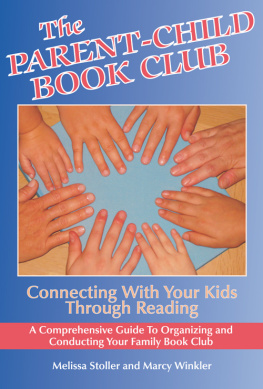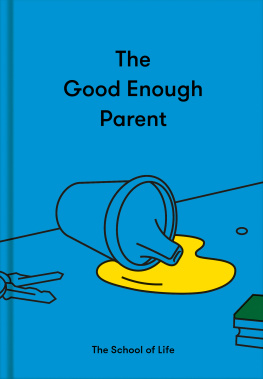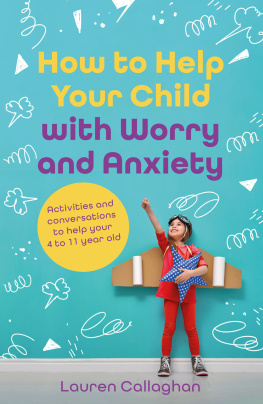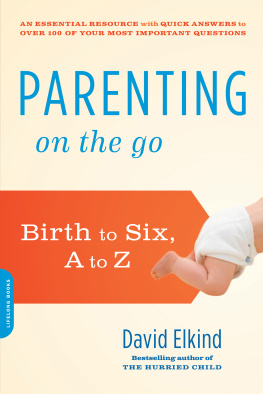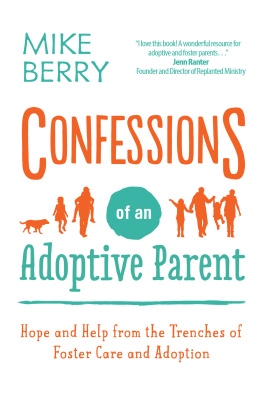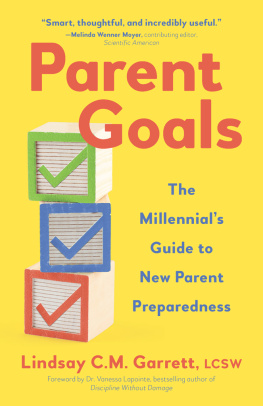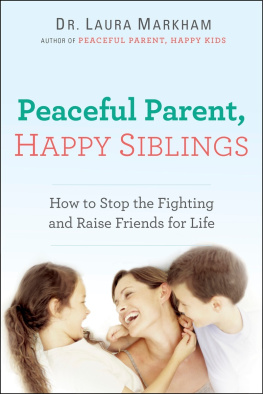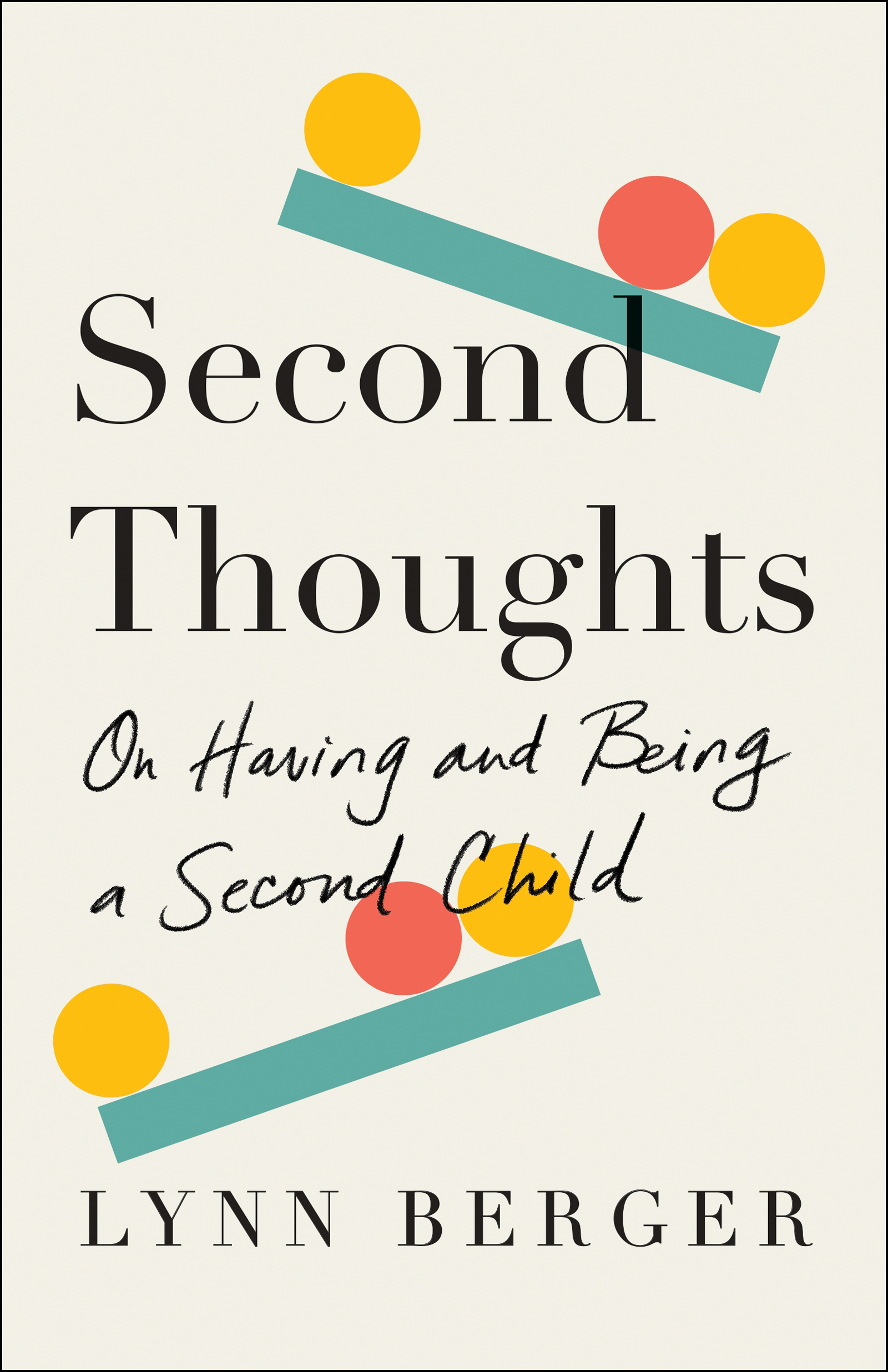The author and publisher have provided this e-book to you for your personal use only. You may not make this e-book publicly available in any way. Copyright infringement is against the law. If you believe the copy of this e-book you are reading infringes on the authors copyright, please notify the publisher at: us.macmillanusa.com/piracy.
Ask a person why they want to have a child, and the answer is likely to involve a nebulous tangle of deep longing, curiosity, and something to do with nature.
Ask why they want another, and the response tends to be rather more straightforward. You have your first child all for yourself, I was told when big and round and heavily pregnant, but you have the second one for the first.
We were sitting on the edge of the sandpit then. It was summer, and my daughter was busy with buckets and spades. I cannot remember anymore who it was exactly who told me so. My own mother, perhaps? What I do remember is the effect those words had on me: my head spun with questions great and small, and I began to feel a little queasy.
Eight months previously, wed been sitting in the bathroom, me on the toilet, my partner and daughter on the cold tiled floor. It was five days to her second birthday. Id placed the test by the basin, the window facedown for extra suspense. A minutes wait.
When I turned the stick over, it told me what I already knew, what my body had already realized.
My partner smiled, sheepishly, as did I. I think we were both looking for the appropriate response, one that would do justice to the enormity of the revelationbut my daughter was growing impatient. She wanted to go outside, or at least move on to the next thing. To stretch the moment out a little, I took a quick snapshot, hasty and somewhat blurred. In it, my partner is holding the test up in one hand while his other arm lies protectively around our daughters waist. Shes frowning into the camera, one pudgy little arm cast dramatically against her forehead.
The test, of course, meant nothing to her. But projection has always come easily to me, and when I look at that photo now, I can still detect something more ominous in her expression than a toddlers waning interest. Irritation, perhaps, at what wed done, or anxiety at what was about to happen.
What was about to happen was, to us, a couple living in the Netherlands, far from exceptional. Where the average Dutch woman around 1860 had four children, a hundred years later that number was down to three. And after 1970, the number dropped below two.
Since then, for a number of reasons, including female emancipation, birth control, and the state of the economy, women have continued to postpone motherhood by small increments, and the number of large families has continued to shrink. Nevertheless, one thing has remained constant for the last half century: two is the norm. Of the Dutch people who actually have children, the majority desire and achieve a standard family with two children.
After all, as a friend of mine once irreverently summed up the going consensus, An only child is a lonely child.
We were on the brink of becoming a standard family. The countdown had begun, the countdown to the norm. (And the norm, I realized, was a privilege. Even if a nuclear family with two parents and two healthy children was the most ordinary thing in the world, it certainly wasnt to be taken for grantedor exalted, for that matter.)
My second pregnancy was planned and very much desired. Like many parents, I wanted my daughter to have a brother or sister, a playmate and an ally. I had more selfish motives too. I wanted to experience the adventure anewthe transformation of my body, a freak show with myself in the lead role, along with everything that would follow: holding a newborn baby, the wonder at their unfolding, getting to know that new creature.
Like the first time, the discovery, or confirmation, really, that I was pregnant left me elated and excited. I recognized the nervous tingling you get when youve said yes to something big, whose consequences you cant fully fathomalong with the thrill of possessing knowledge that, to the rest of the world, is still a secret.
In contrast to the first time, however, the excitement pretty soon made way for thoughts and feelings I hadnt anticipated.
While somewhere deep within me my son was starting out on his stunning evolution from tiny clump of cells to prehistoric creature to fetus, I began to wonder what his impending arrival would mean, precisely.
What did it mean, for my partner and me, to have a child for the second time? Our first had been nothing less than a miracle, an event without precedent for us, but what did that make our second? A repetition? A perpetuation? A trip down memory lane?
What did it mean for our firstborn, that soon she would no longer be the sole recipient of our time and attention, no longer the only object of our affection?
And what did it mean for my son, to be born into a family that already existed, that had already found its modus operandi, and therefore couldnt or wouldnt revolve around him alone?
My sons movements first became perceptible at winters end. They began as vague vibrations from deep within, faint like the underground signals emanating from an earthquake hundreds of miles away. Soon they turned into caresses, and those caresses became the unmistakable somersaults of a miniature human being.
Dont worry, those somersaults seemed to say: Im moving, Im alive, Im on my way.
I had been looking forward to this quickening, but the sensation wasnt purely reassuring. I noticed that I spent less time observing his stirrings than I had with his sister. The reason, of course, was that selfsame sister: she distracted me, consumed my time as well as my thoughts, and in all her childish innocence utterly exhausted my energy reserves, substantially diminished as they were by pregnancy.
My son hadnt even been born yet, and already I was giving him less attention than I would have liked.
You have your second child for your first. By the time I heard that phrase, in the summer, by the sandpit, I had no trouble identifying the unease it engendered. In fact, wasnt the big question what the firstborn would get out of it, exactly? As for what the expansion of our family would do to our actual family life, again, I had no idea. And the precise effect on the second child was similarly uncertain.
Only long after Id embarked on my maternity leave, and it had grown so hot outside that staying indoors seemed the only option, did it occur to me that certain assumptions lay at the foundation of my thoughts and feelings about my second pregnancy.
The assumption, for instance, that a child is better off with a brother or sister than without. But also that with the arrival of the second, we were not just giving our first child something; we were taking something away as well. And there was the assumption that our second, who would never experience the exclusivity of which we were about to deprive the first, would start out with a one-to-zero disadvantage.


